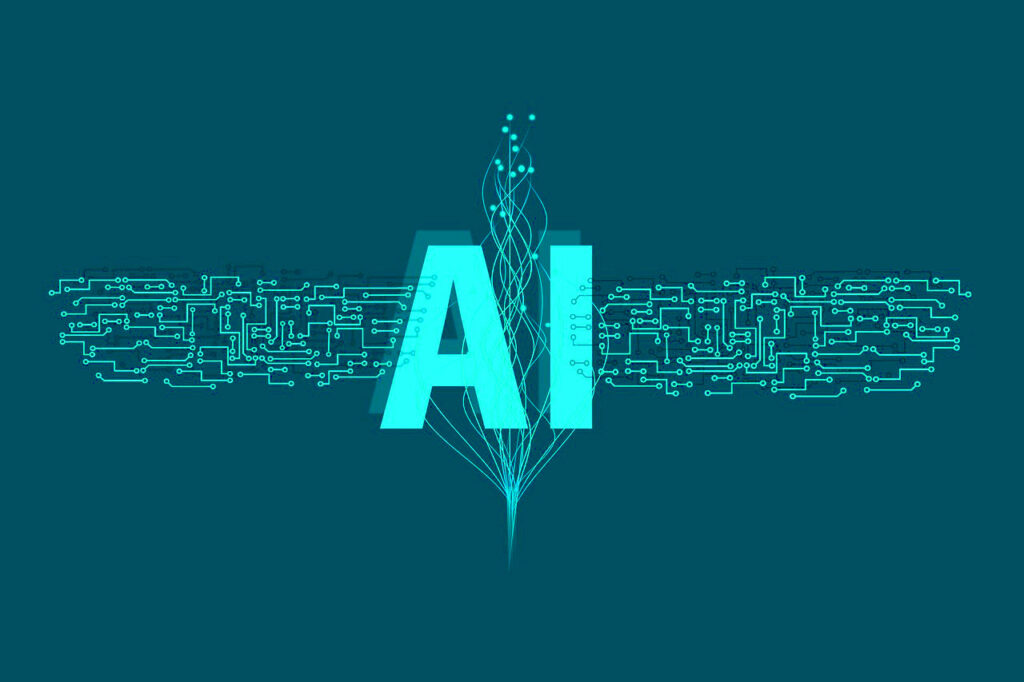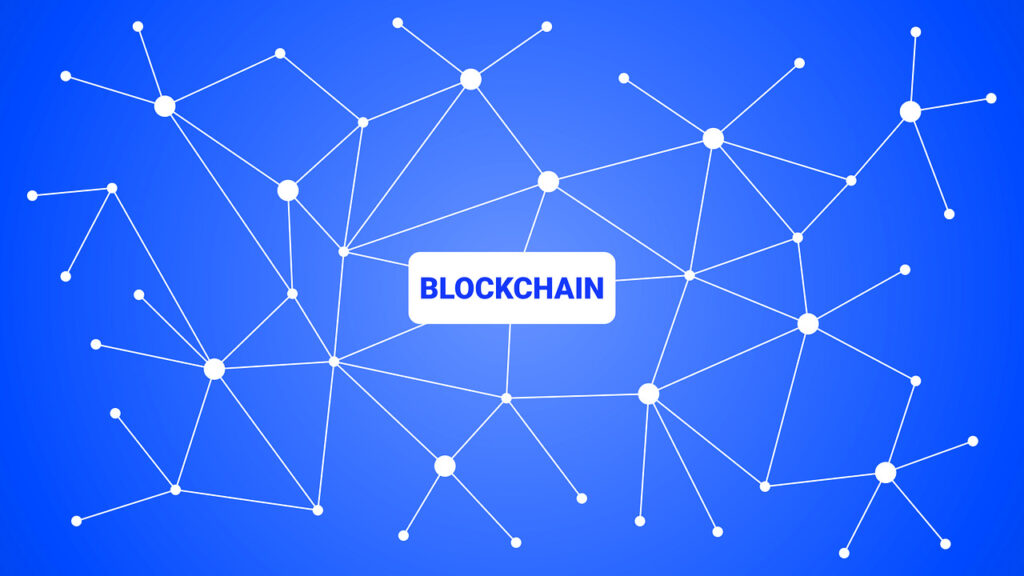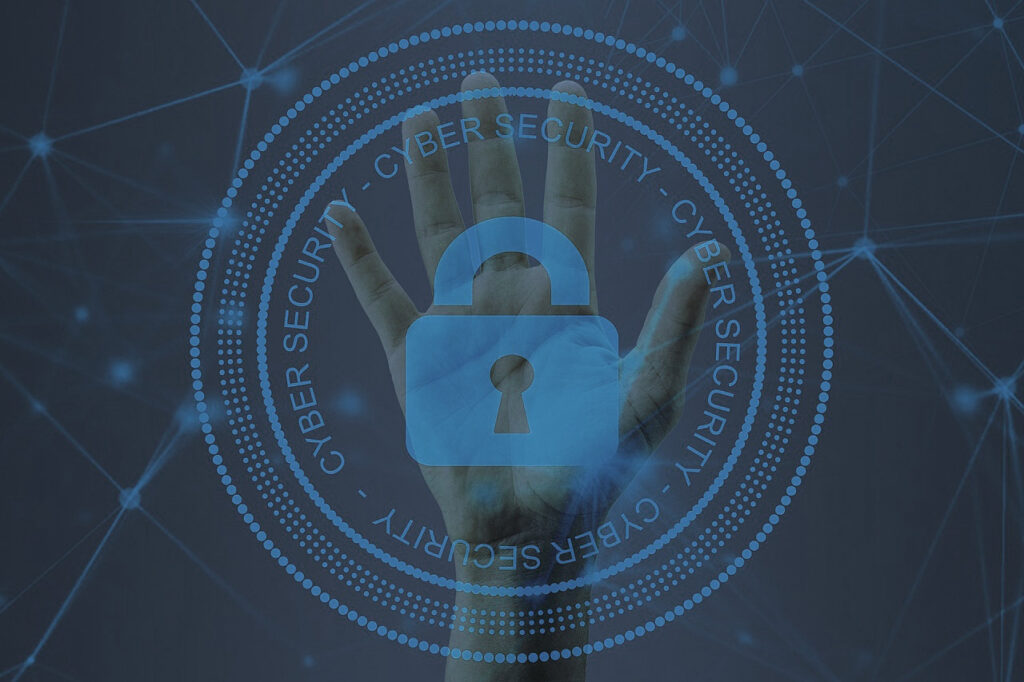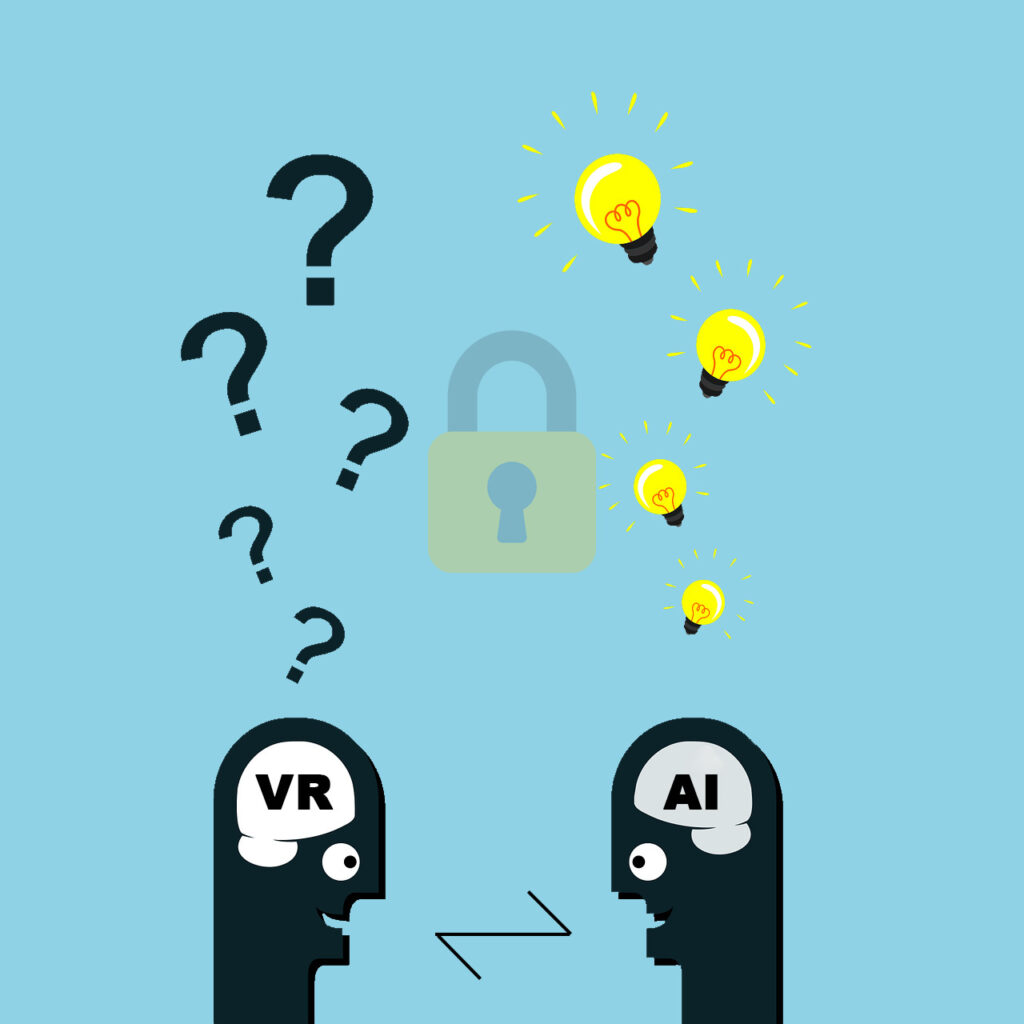In today’s fast-paced digital age, technological evolution is not only constant but also exponential. As we navigate through this era, several emerging technologies stand out not just for their innovative features, but for their potential to reshape society, businesses, and our daily lives. Let’s delve into some of these game-changing trends: artificial intelligence (AI), blockchain, virtual reality (VR), and cybersecurity.
1. Artificial Intelligence (AI)
What it is: AI refers to the simulation of human intelligence in machines, enabling them to perform tasks that typically require human intelligence such as visual perception, speech recognition, and decision-making.
Impact on Society & Businesses:
– Healthcare: AI-driven robots can assist doctors in surgeries, while machine learning algorithms can predict patient illnesses before they manifest.
– Transport: Autonomous vehicles powered by AI can revolutionize transport, potentially reducing accidents and traffic.
– Economy: While AI can boost productivity, it may also lead to job displacement in sectors like manufacturing or customer service.
Everyday Life: Personalized AI-driven recommendations have already permeated our daily choices, from movie selections on streaming platforms to shopping recommendations on e-commerce sites.
2. Blockchain
What it is: Blockchain is a decentralized ledger of all transactions across a network, enabling transparent and tamper-proof record-keeping.
Impact on Society & Businesses:
– Banking: Blockchain can reduce fraud and streamline processes, from remittances to asset management.
– Supply Chain: The transparent nature of blockchain can help authenticate product origins, ensuring authenticity.
– Governance: Decentralized systems could make voting processes more transparent and potentially resistant to manipulation.
Everyday Life: Beyond cryptocurrencies, blockchain could ensure the products we buy are genuine, and the news we read hasn’t been tampered with.
3. Virtual Reality (VR)
What it is: VR is a simulated experience that can be similar to or completely different from the real world.![]()
Impact on Society & Businesses:
– Education: VR can create immersive learning environments, enabling students to explore historical events or molecular structures firsthand.
– Real Estate: Virtual tours can help potential buyers explore properties from miles away.
– Mental Health: Therapists are using VR for exposure therapy, helping patients face and overcome their fears.
Everyday Life: Beyond gaming, VR can transform our leisure activities, from virtual tourism to attending concerts in simulated environments.
4. Cybersecurity
What it is: With the rise of digital transactions and data storage, ensuring data integrity and protection against malicious attacks is paramount. 
Impact on Society & Businesses:
– Business Operations: Cyberattacks can halt operations, leading to significant financial losses. Therefore, businesses invest heavily in securing their digital assets.
– National Security: State-backed cyber attacks can disrupt a country’s infrastructure or manipulate public opinion, making cybersecurity a national priority.
– Personal Privacy: Protecting personal data from breaches is more critical than ever, given the potential misuse of personal information.
Everyday Life: From securing our online banking to ensuring our social media accounts are protected, cybersecurity touches every aspect of our digital lives.
Conclusion
The merging trajectories of these technologies suggest a future where our lives will be deeply intertwined with the digital realm. While the potential benefits—efficiency, convenience, and enhanced experiences—are immense, challenges related to privacy, job displacement, and ethical considerations also arise. As we continue to innovate, it’s crucial to address these challenges, ensuring that technology serves humanity in the most holistic and beneficial way possible.
Check out more Blogs :
